KP Oli's Cabinet fails to publicize asset information
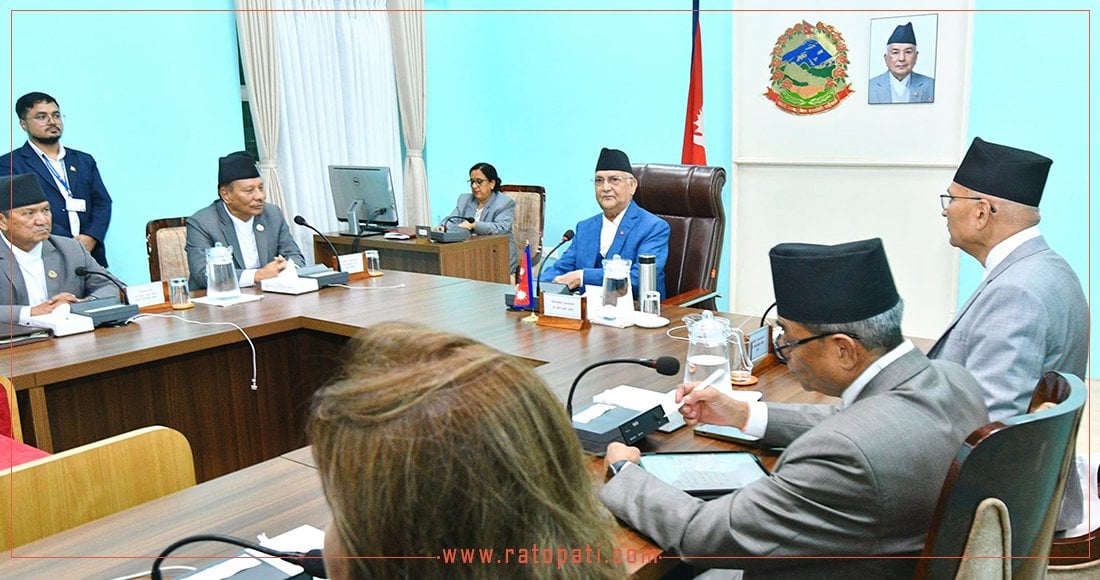
Kathmandu, October 7 — As the three-month mark approaches since the formation of the Cabinet, the asset details of ministers in KP Oli's government have yet to be made public. On July 15, Oli was appointed Prime Minister with the support of the Nepali Congress, the Janata Samajwadi Party (JSP), the Janamat Party, the Nagarik Unmukti Party (NUP), and several smaller parties.
Oli's government includes two Deputy Prime Ministers, 20 ministers, and three state ministers.
According to Article 31 (a) (1) of the Commission for the Investigation of Abuse of Authority Act, 1991, individuals holding public office must submit an updated statement of their assets and sources within 60 days of taking office, and subsequently within 60 days of the end of each fiscal year. This statement should be submitted to the designated agency or authority as published in the Nepal Gazette.
The same article's subsection 2 states that individuals who do not submit their asset details within the specified timeframe may face a fine of NPR 5,000, and they will be required to submit their details within another 30 days.
If an individual fails to submit their asset details within this extended period, it is assumed that they hold illegal assets, prompting the authorities to conduct an investigation.
Prem Prasad Acharya, spokesperson for the Prime Minister's Office and the Cabinet, stated that the asset details of Prime Minister Oli and all ministers have already been submitted. He noted that the decision to make this information public is at the discretion of the individuals involved, but as of now, the details remain confidential.
"The asset details of the members of the Cabinet have been submitted, and they have also been updated at the office. The decision to make these details public or not is a personal right of the individuals," he said. "There is no binding rule in the law that mandates public disclosure."
Hari Prasad Sharma, information officer at the National Vigilance Center, clarified that while the law does not obligate public officials to disclose their assets, it raises a question of morality. He emphasized that those in public office should adopt transparency by disclosing their assets from the beginning of their tenure.
"It is stated that individuals holding public office should submit their asset details to the designated authority as per the law. There is no compulsory provision for public disclosure," Sharma noted. "For those advocating good governance, it is more transparent to publicly state their initial and current assets after being approved by the people. This is a matter of morality rather than legality."
Similarly, Pradeep Yadav, the Minister of Water Supply in the Oli government, claimed that they have already submitted their asset details. He stated that the decision to make them public rests with the relevant authorities.
"We have submitted our asset details to the appropriate agency. If the agency chooses to make them public, that is fine with me; I have no objection," Minister Yadav said.
Since the successful political movement in 1990, democratic governments have begun the practice of publicizing asset details. However, some governments have made these details public, while others have not.
When Oli was Prime Minister following the 2017 elections, he made the asset details of Cabinet members public. However, after him, Sher Bahadur Deuba's government did not disclose the asset details of its ministers. The asset details of ministers in Pushpa Kamal Dahal's government, formed after the elections in November 2022, were released late.





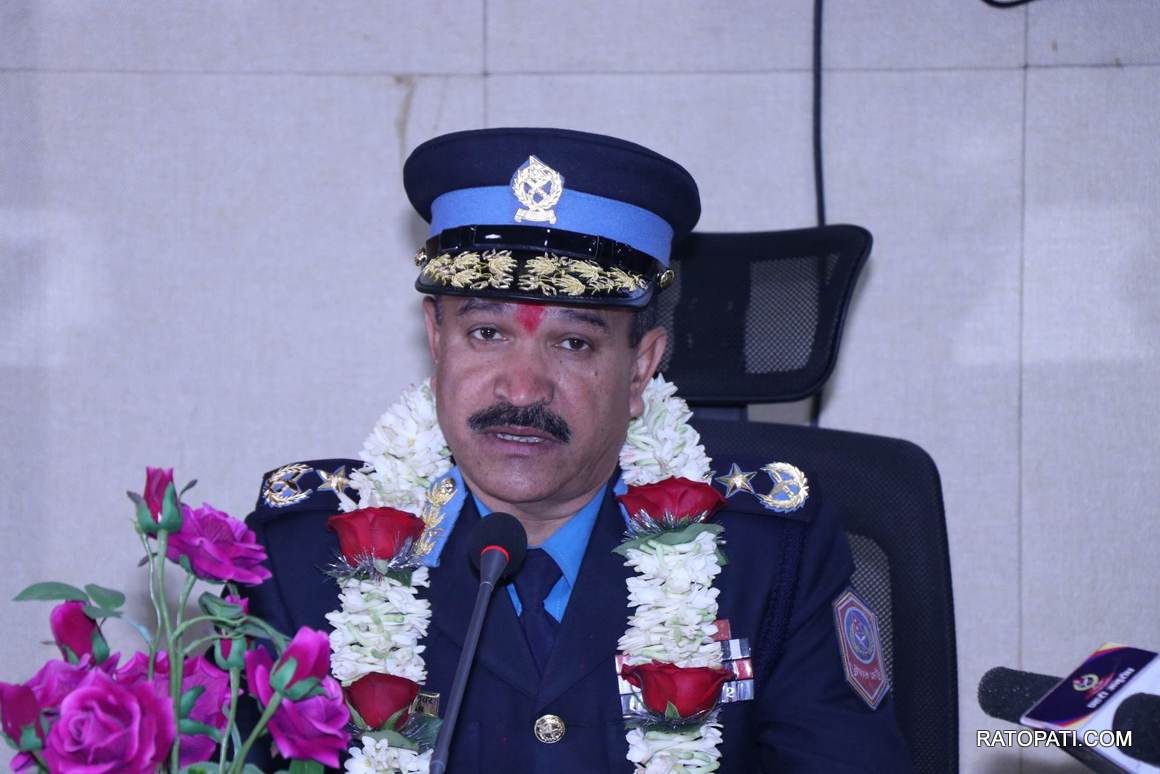
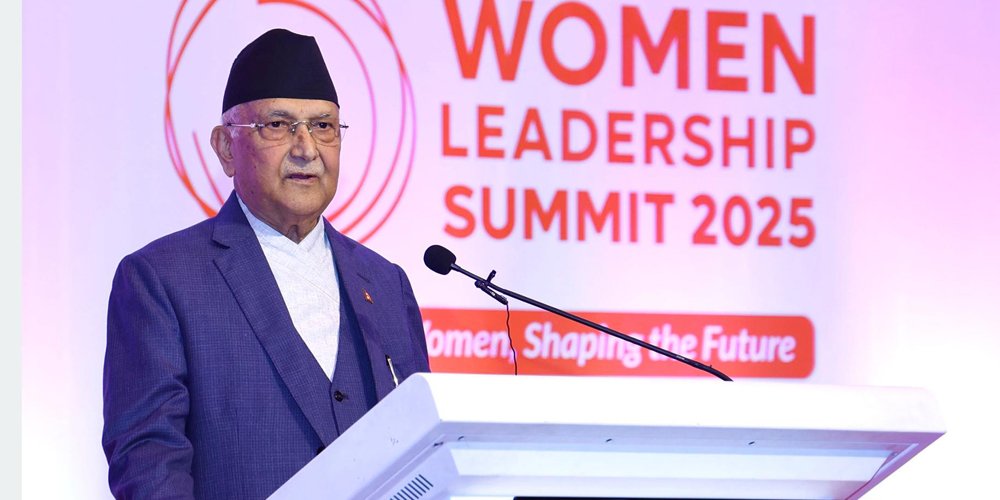
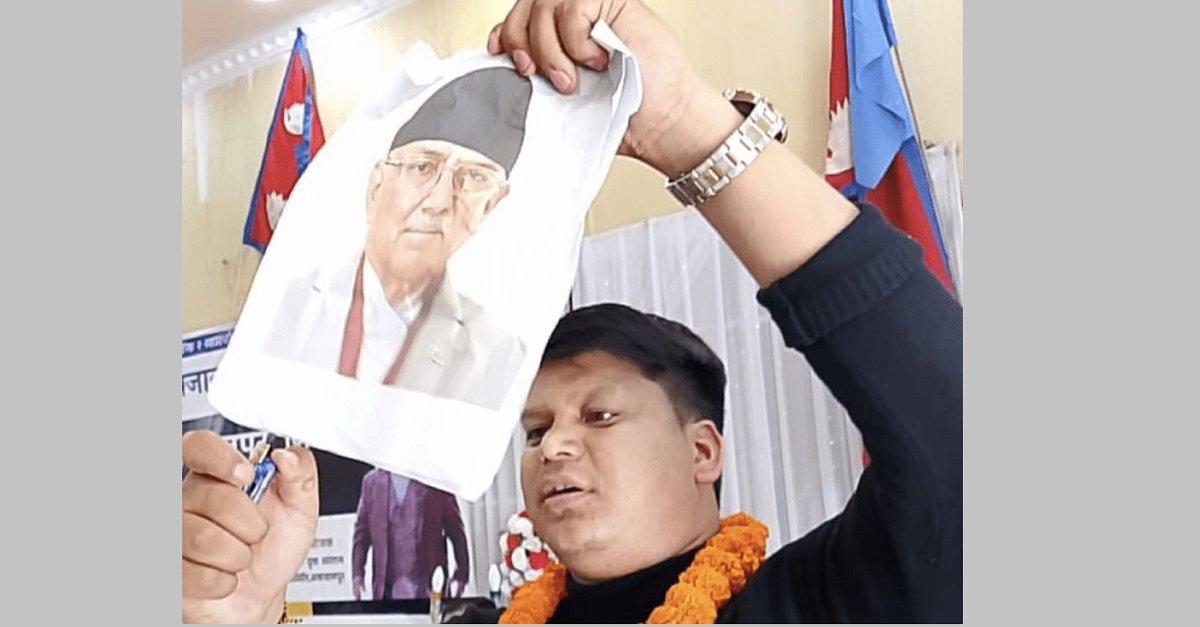
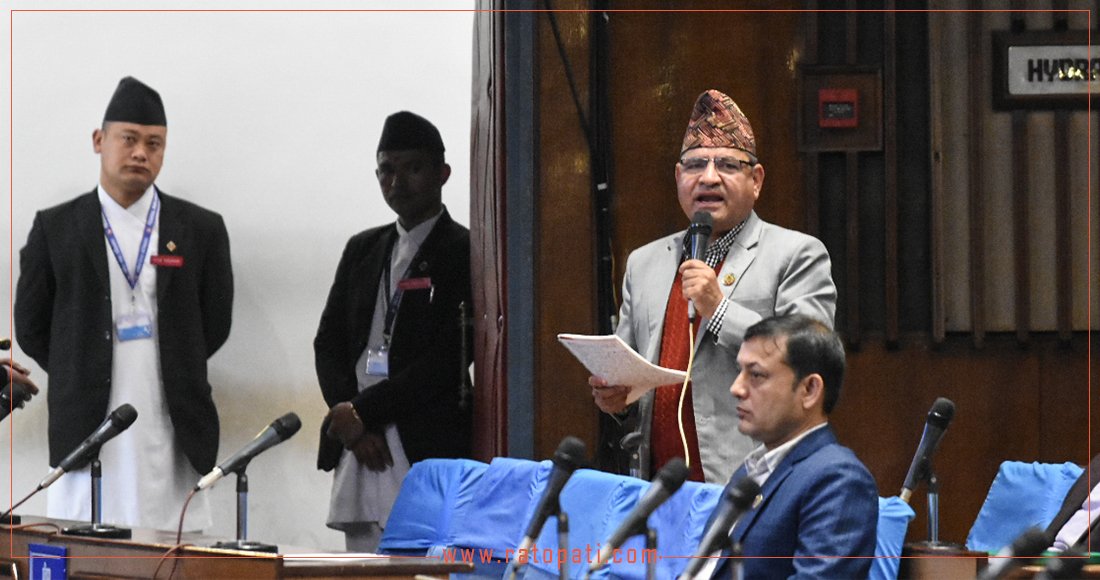
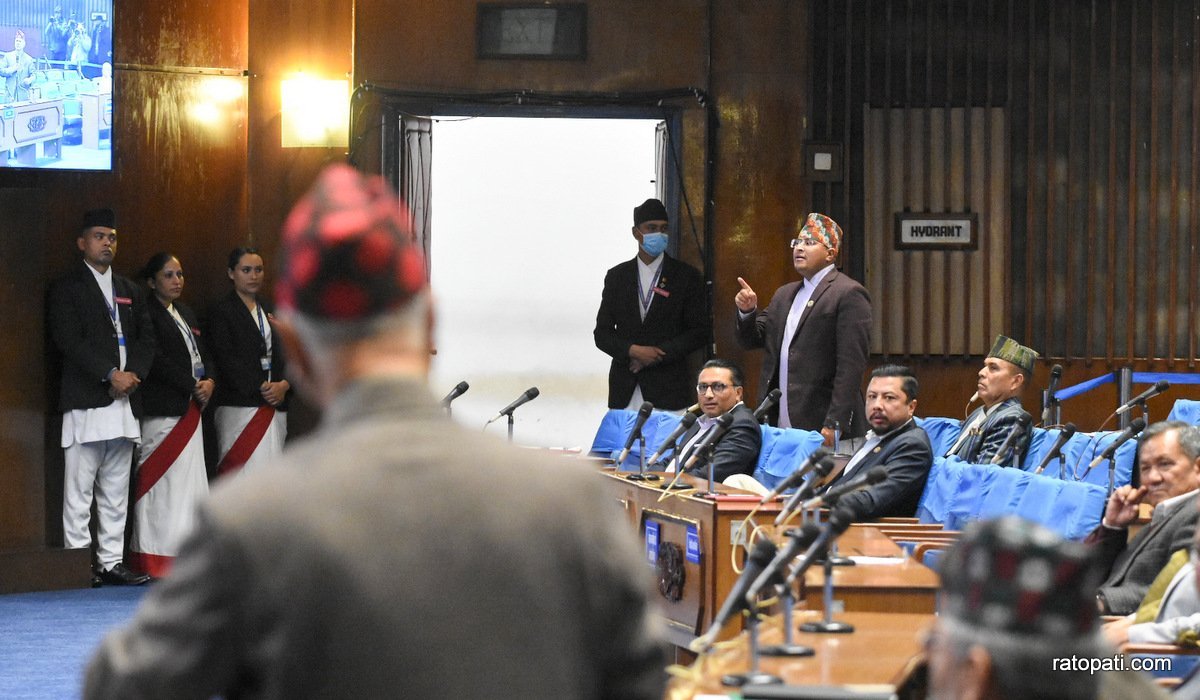
Leave Comment